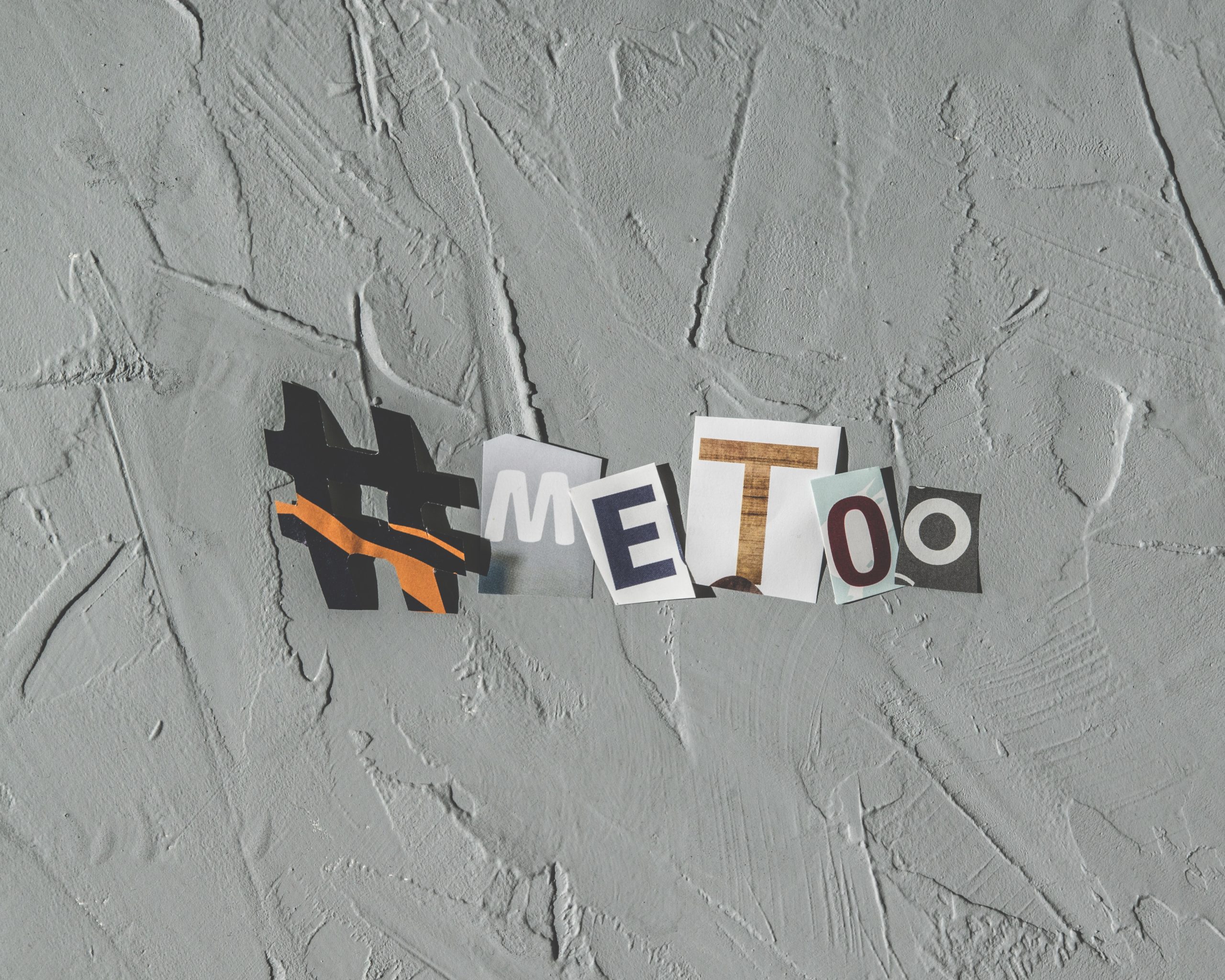*trigger warning for mentions of rape, sexual assault and suicide*
In the wake of the #MeToo movement, empowerment has been a central theme amongst survivors. Praised for using their voices, women have found hope and inspiration after years of repression. However, the vulnerability and trauma that come with sexual assault are overlooked. In her book, “My Dark Vanessa,” Kate Elizabeth Russell explores these negative feelings in a painful and raw way.
Within the first chapter, I felt instantly connected to Vanessa Wye. Russell paints Vanessa as a weird, awkward misfit with an affinity for literature. Fifteen and naive, I can remember myself that way. In the novel, Vanessa attends a boarding school in Maine, where she meets her tall, dark and not-so-handsome English teacher, Jacob Strane. In his 40s, Vanessa is drawn to his charismatic demeanor. Things begin normally between the two, with casual classroom conversations about books and poetry, but they end in an entirely different manner.
Strane initiates the affair with a touch on the leg and, through manipulation, convinces Vanessa that she wanted it all along. As things get more provocative and even more disturbing throughout the novel, Strane convinces Vanessa that she wanted every advance he made. At one point, he convinces her that her pleas begging for him to stop were just mutterings asking for more. Strane raped her, she just couldn’t believe it.
Midway through the novel, Strane commits suicide because allegations against him by other students threaten to ruin his career and send him to prison. Vanessa is upset by this, but she’s more infuriated by the allegations made against Strane. She can’t believe people would accuse her favorite teacher of such cruel behavior. After news of his death spreads, Vanessa is contacted by reporters to get her side of the story, to whom she never responds. Then she meets another one of Strane’s victims, Taylor Birch. Sitting in a café across from the woman she deems responsible for Strane’s death, Vanessa cannot come to terms with what happened to her, but Birch understands. It is not until the end of the novel that Vanessa realizes that Strane abused her. Although her healing process will be lengthy and painful, she begins to accept a mindset change.
“My Dark Vanessa” made my skin crawl and my stomach lurch. It talked about things I wanted to escape from, but that is Russell’s aim. She wants us to reckon with the vile nature of grooming and sexual assault, and she wants us to understand that victims feel deep pain and trauma. She wants us to understand that survivors can feel deep denial, and because of this, they hesitate to speak out.
At first, I was beyond frustrated with Vanessa. Why did she defend this despicable man and his vile behavior? However, as I continued reading, I noticed that I had once felt the same way. It’s hard to accept things that happen to us for what they are instead of what we wish they could be, and it’s even harder to speak up about them – to tell our stories.
Coming to terms with our past and changing our future is not an easy struggle. It takes grit. There are tears, and there is reconciliation. I felt buried, but once I clawed my way out of my pit, I realized that I was resilient. I was worth something. No matter who we are or what we’ve been through, we are worth it. The worst parts of life do not define us– how we continue despite them does. Beyond the bravery of speaking out, the bravery of survivors to continue is what is so compelling.
- My Letter to Juliet - October 29, 2021
- My Dark Vanessa and the #MeToo Movement - October 22, 2020
- If Jesus Could Vote - September 1, 2020

